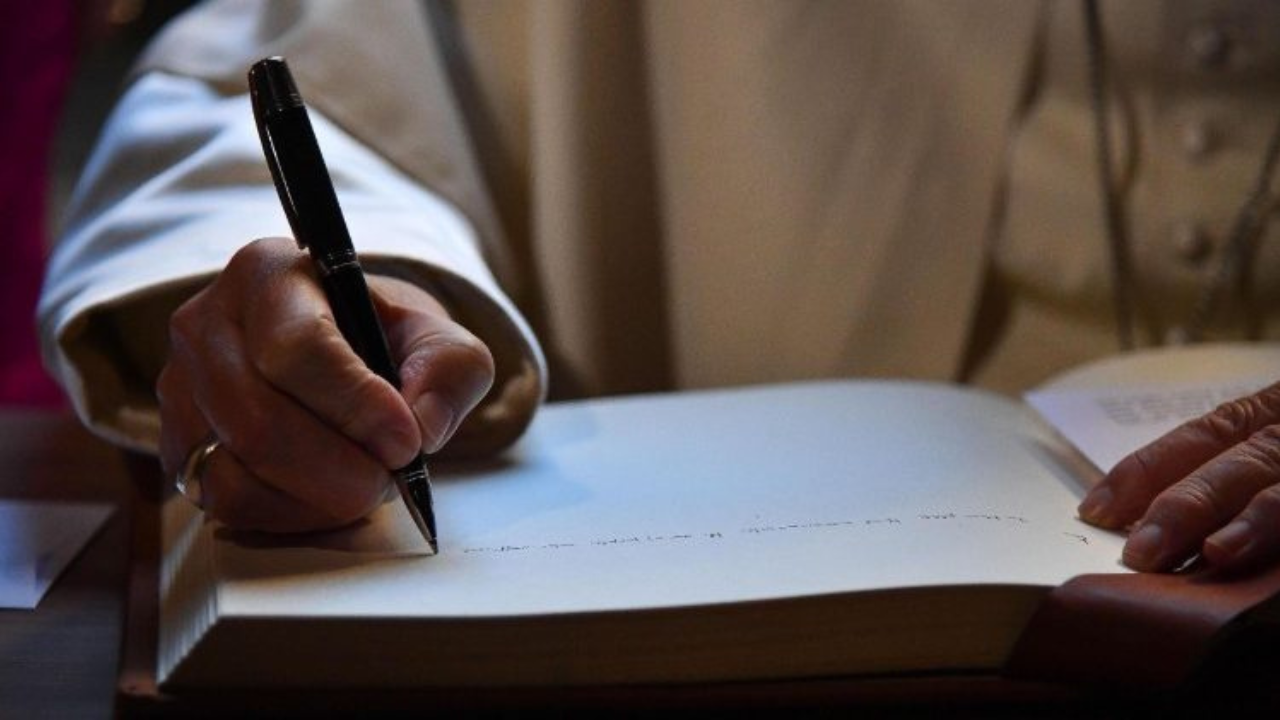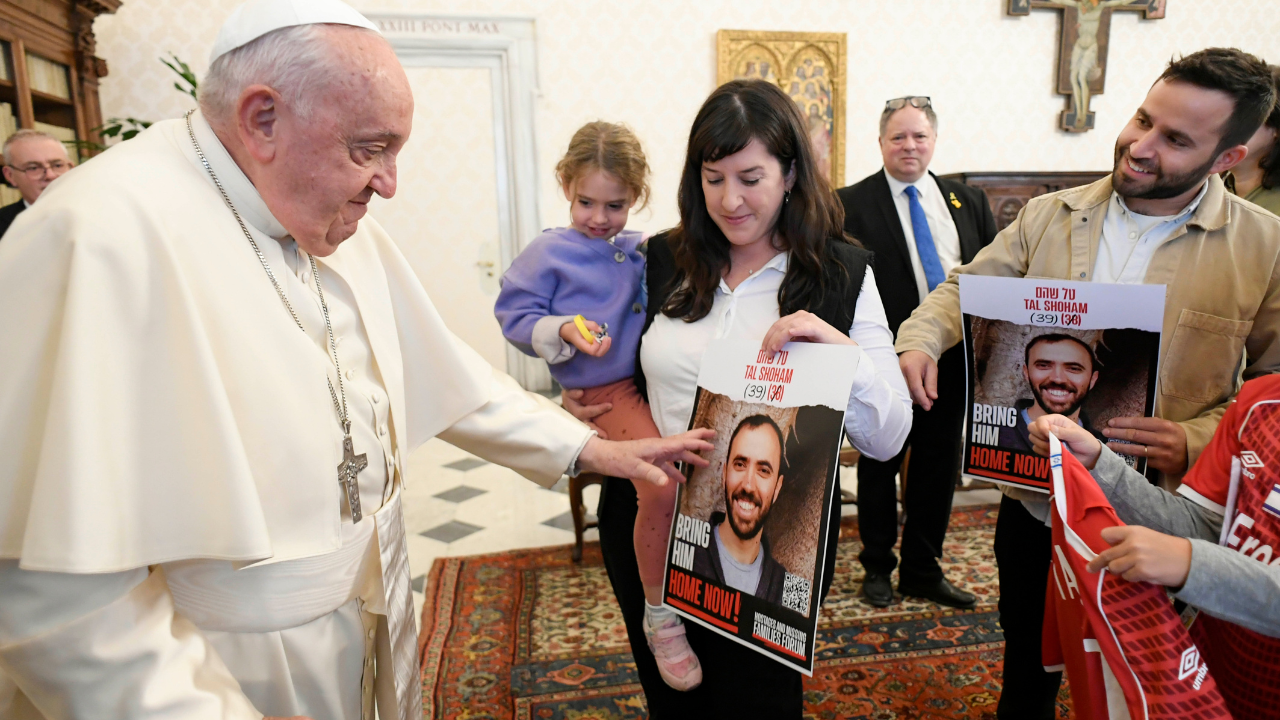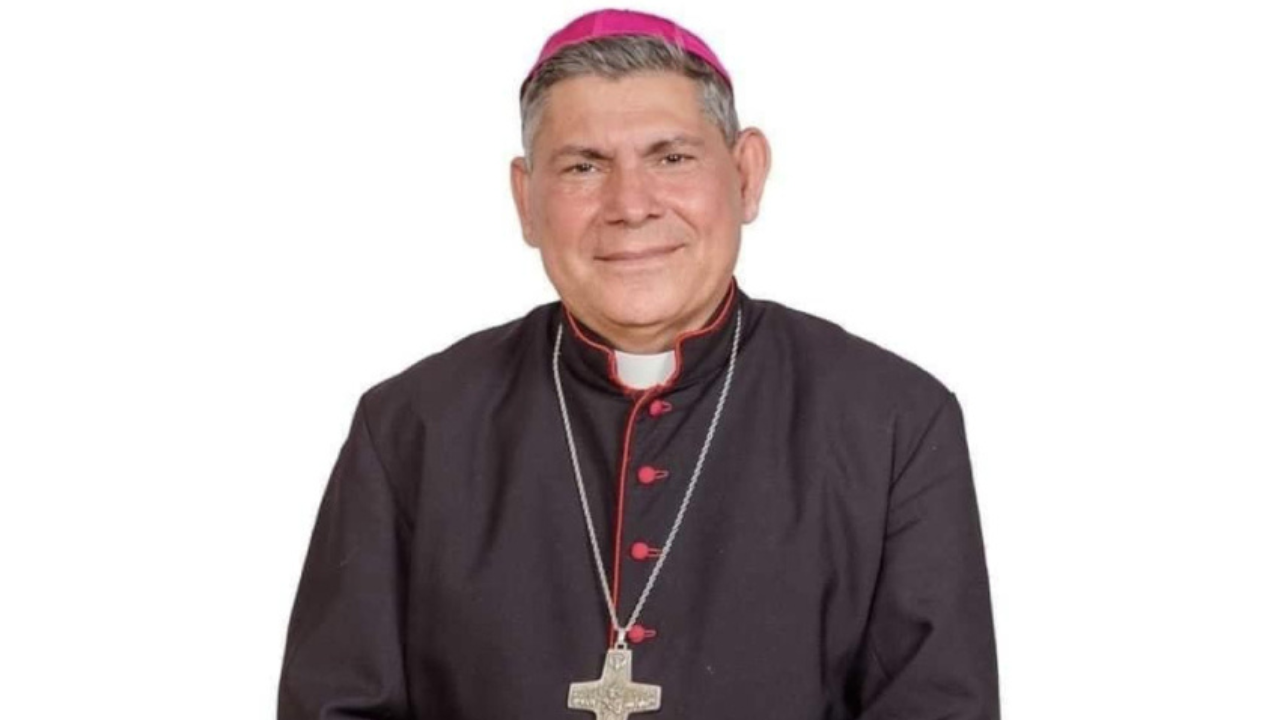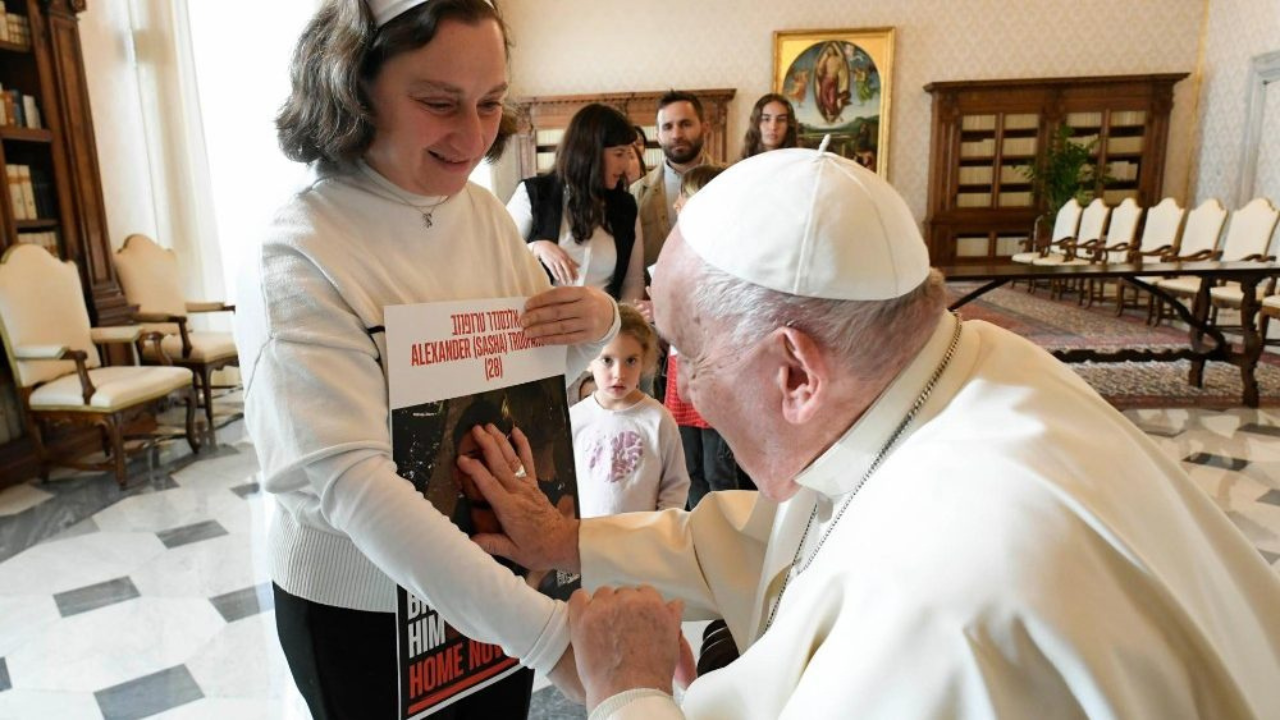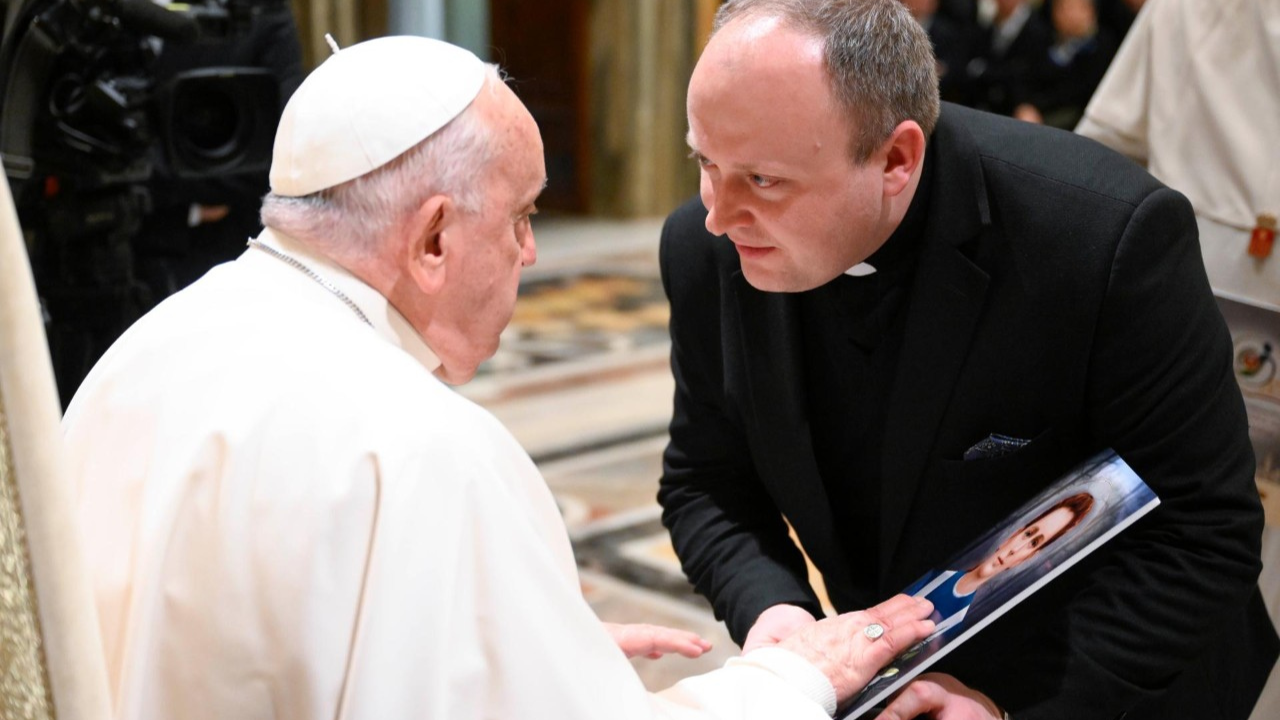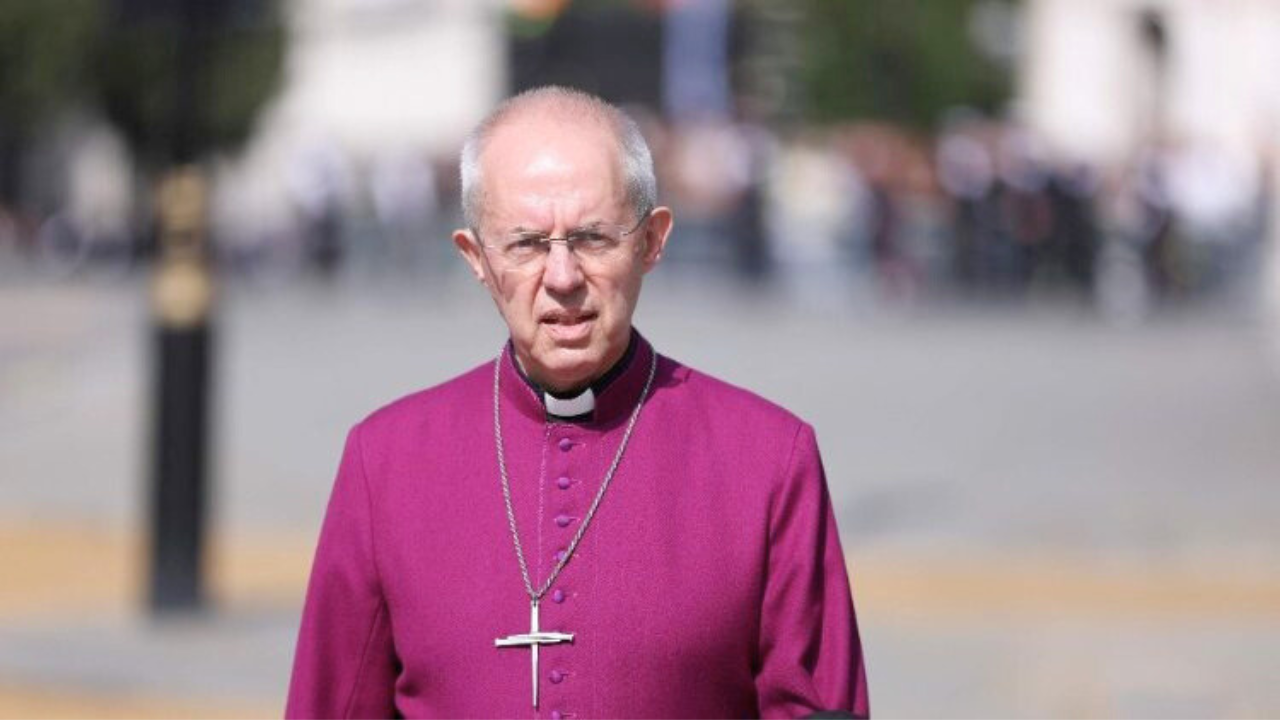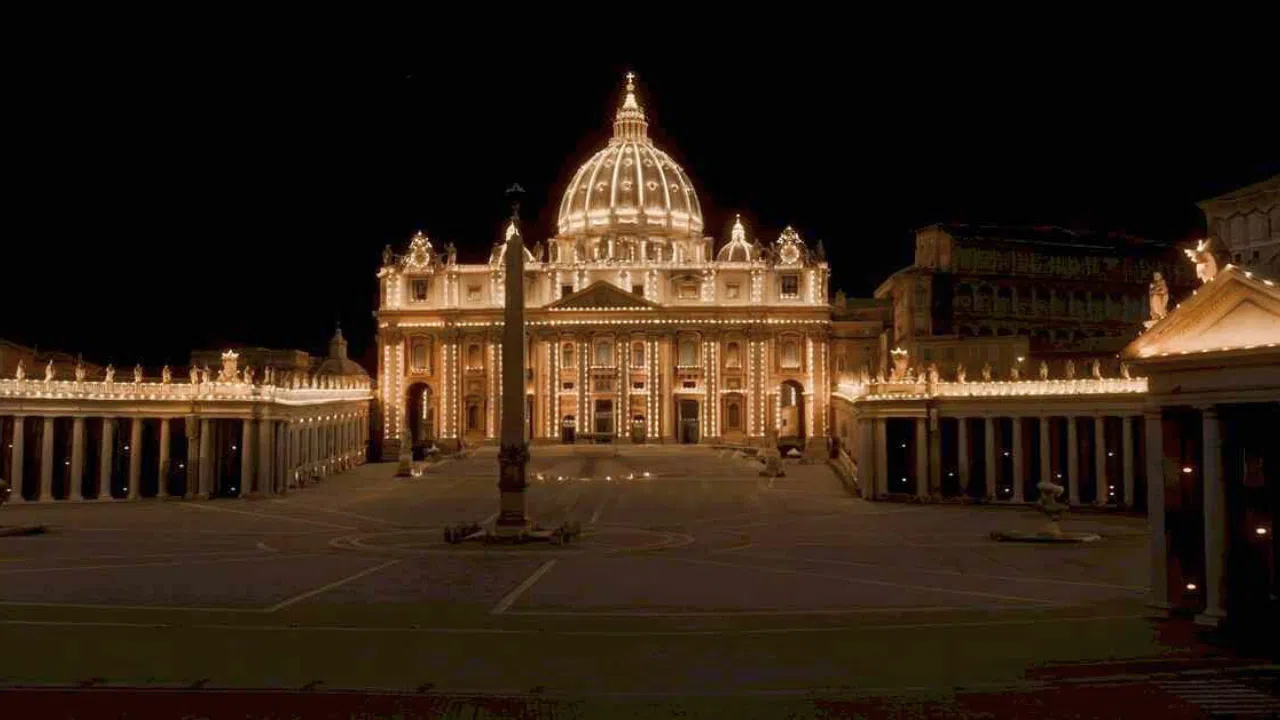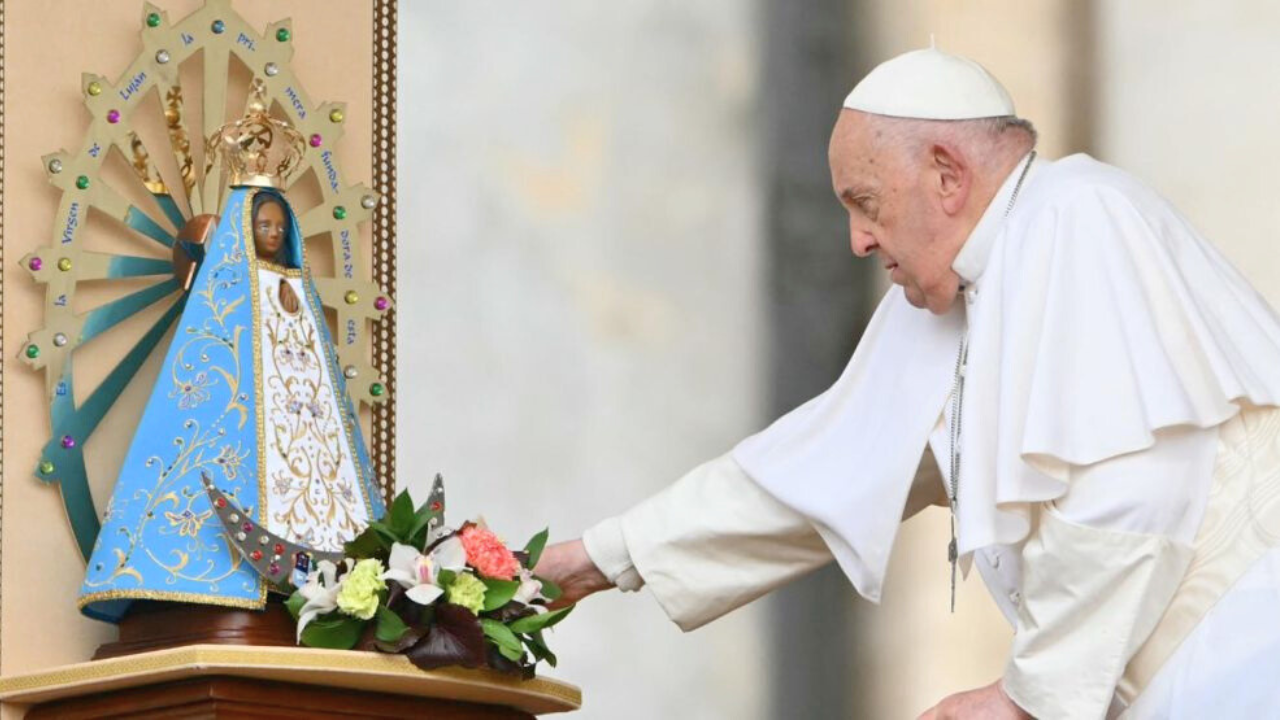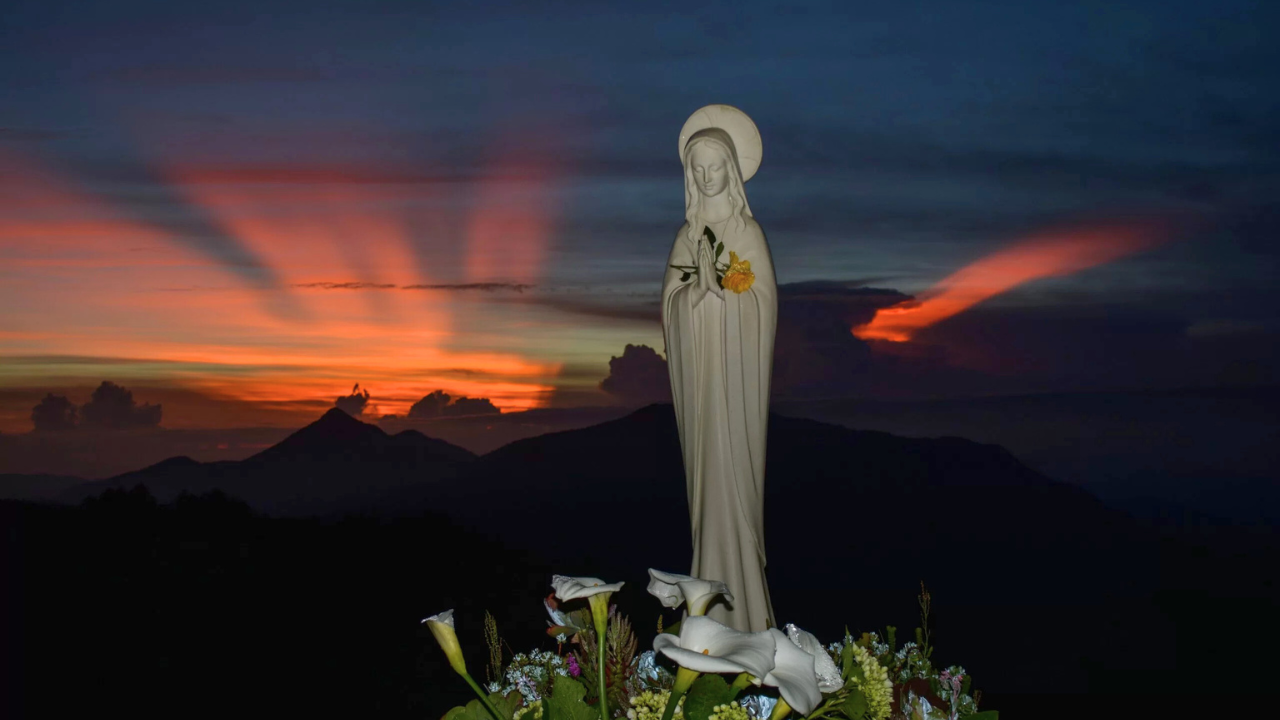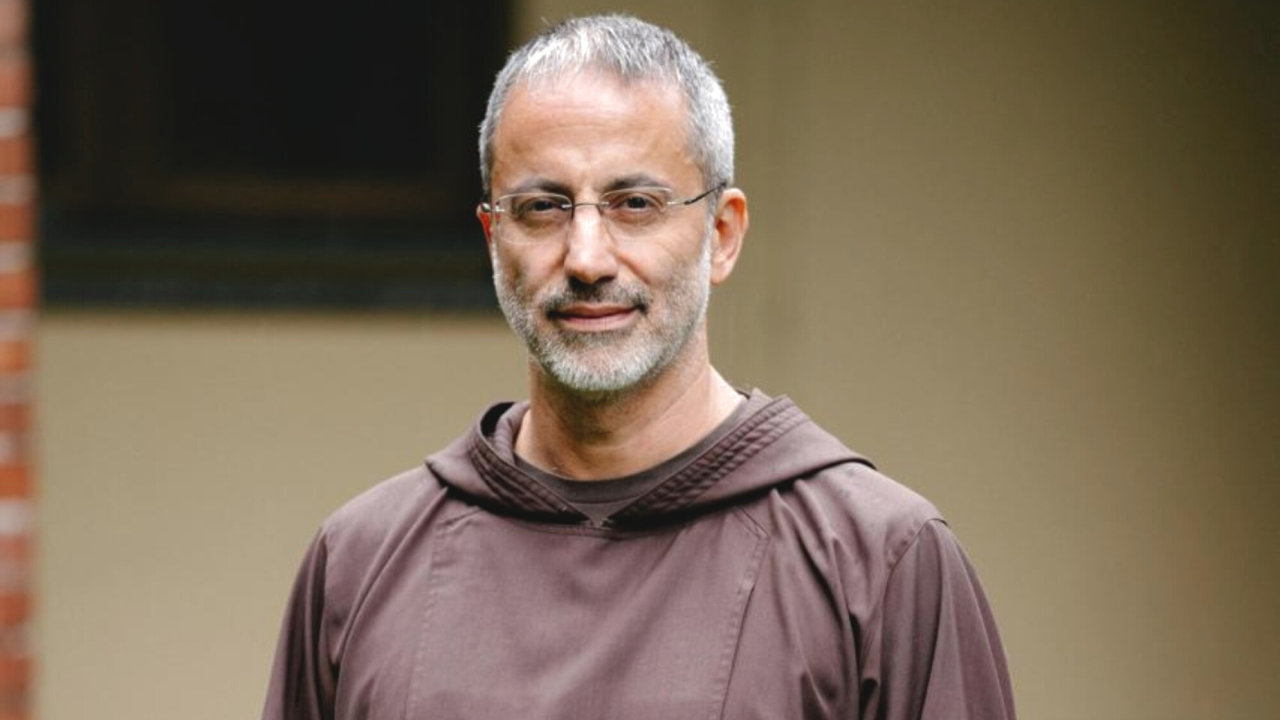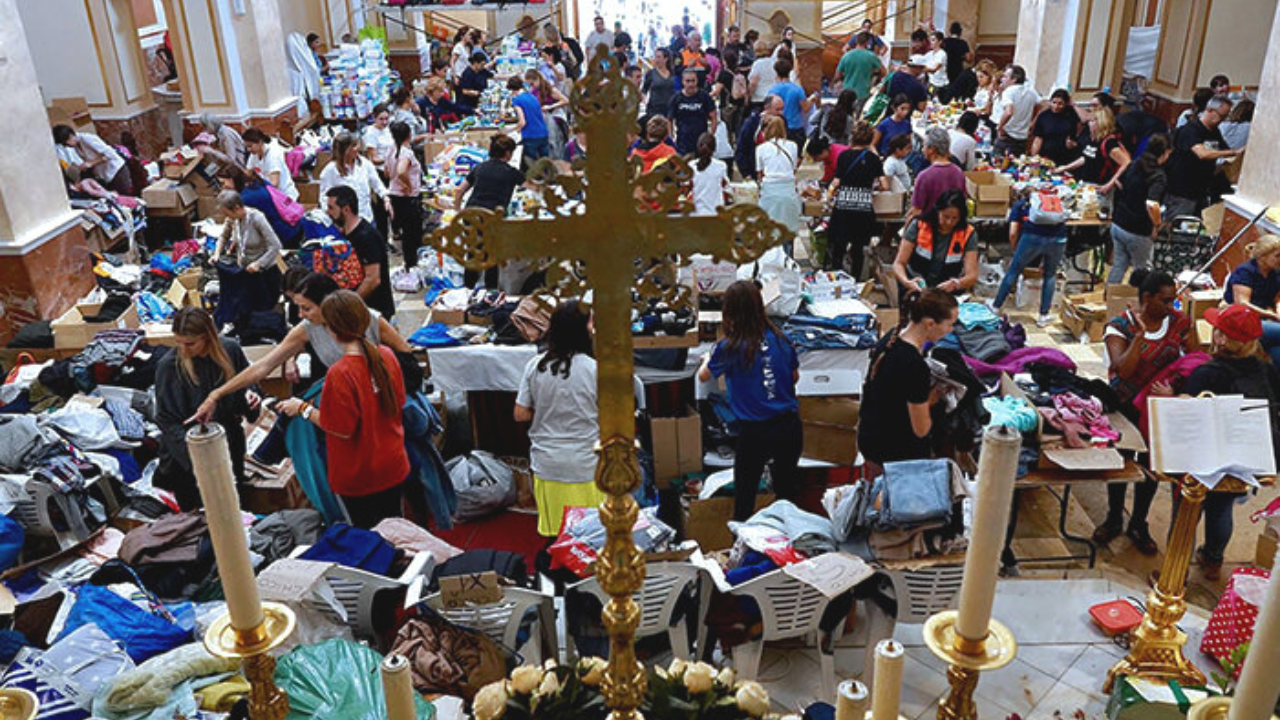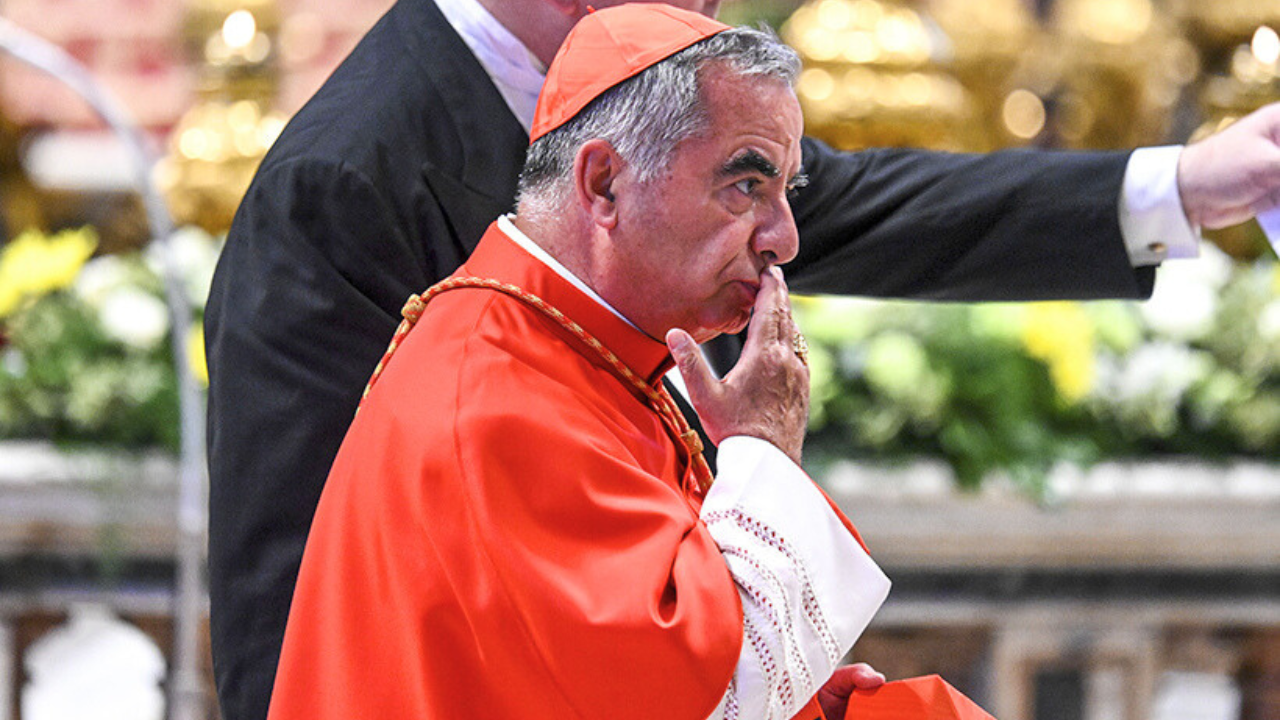It was 2010 when in the archives of this Vatican department was found an old letter from 1988 signed by Card. Ratzinger.
In it, the then-prefect of the Congregation for the Doctrine of the Faith pointed out to the president of the Pontifical Council for Legislative Texts a serious problem in the handling of sexual abuse cases: that the priests weren't tried by a court.
To expel them from the priesthood, they turned to a strategy of appeasement: removing their responsibilities as clergymen. It was a grace, a favor. It was the same method applied to people who asked to abandon that life for other reasons.
MSGR. JUAN IGNACIO ARRIETA
Secretary, Pontifical Council for Legislative Texts
“[Ratzinger] said [the Vatican] was granting a grace, which was a benefit, to people who should have been judged.
Msgr. Arrieta explains that to fight against abuse, Card. Ratzinger began a revolutionary process that would go on for years. It would culminate in 2001, when the Congregation for the Doctrine of the Faith acquired the authority to judge cases of alleged sexual abuse. Until then, other congregations had been the ones to follow the criteria of avoiding trials and granting dispensations.
FR. FEDERICO LOMBARDI
Former Vatican Spokesman
“Ratzinger's role was important on two fronts. The fact that his congregation obtained the competencies necessary to manage trials prevented sexual abuse cases from being handled by different dicasteries and thus, under different criteria. This proved to be a very useful step. The other important aspect was his work for a reform of canonical penal law, which made trials faster and more efficient.”
All these changes weren't enough to uncover the double life of abusers like Marcial Maciel, whose good reputation in the Vatican went completely unchallenged.
GERARD O'CONNELL
Vaticanist, “America Magazine”
“One or two years before John Paul II died, Maciel had a big celebration before I think his 60th anniversary as a priest, and you had 20 cardinals from the Roman Curia and those living in Rome present at the ceremony, and with a message from John Paul II.”
Vaticanist Gerard O'Connell witnessed Maciel's fall and he Boston Globe's initial reports in the United States. He says this paper's revelations ended up opening people's eyes in Rome.
GERARD O'CONNELL
Vaticanist, “America Magazine”
“It was the beginning of what I call the Great Enlightenment in the Catholic Church. FLASH John Paul II up to then had great difficulty in believing that a priest could do such wrong. He looked at [the problem] in the eyes of his experience in the Communist Poland, and he saw there the communists using tactics to smear the priests and to destroy their credibility with the people, and he thought right at the beginning, I think for a long time, that this was something similar.”
Maciel had strong supporters within the Vatican, and the orthodoxy and success of the congregation he founded favored him. In fact, Pope Francis recalled how Joseph Ratzinger didn't manage to order his resignation until he was elected pope.
POPE FRANCIS
February 5, 2019
“John Paul II, in an effort to understand the truth, organized a meeting. Joseph Ratzinger showed up with the file and all his letters, and when he returned, he told his secretary, 'Put them in the archive. The other side won.' We must not be scandalized by this. They are steps in a longer process.' Later though, when he was elected pope, the first thing he said was, 'Bring the letters from the archive.' So it began.”
It could be said that there were two big obstacles Ratzinger had to overcome as prefect of the Congregation for the Doctrine of the Faith. There were the bureaucratic obstacles, which showed just how underdeveloped canonical penal law was. Then there was perhaps the most difficult challenge: overcoming the mentality of the times.
Javier Romero
Translation: CT
RR/MG/AA

